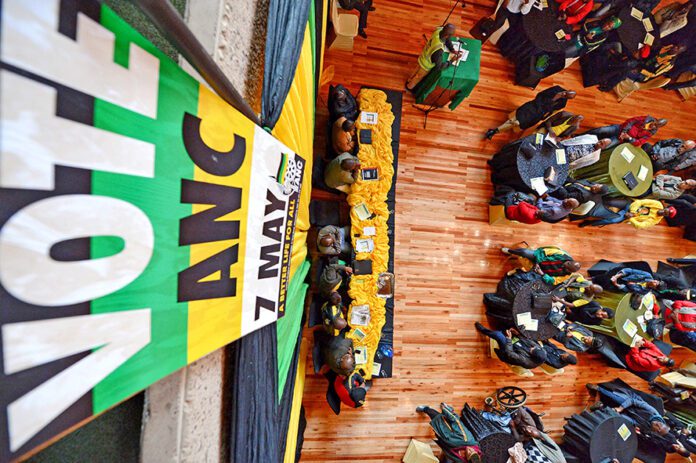There is a level of plausibility in the assertion that the pangs of politics can sharply be felt through the mundane, the humdrum and the ordinary if we only open our eyes and pay attention to little peoples’ pains.
What value might be extracted from these little stories told by ordinary people – the working class – which in the eyes of big guns of society can easily be dismissed as nothing but the run-of-the mill type.
Yet, underlying such stories we can draw wisdom and depth to see our world for what it really is – populated by political uncaring fat cats who are just plodding along in affluence as millions of people of the world are squeezed in places of poverty, injustice and death.
The ruling elites – as they always do – take delight in holding endless conferences pretending to seek a solution to the political and economic mess they have created because of an insatiable appetite for the good life amid a sea of poverty and squalor.
Think of the electricity crisis. The reality is that the country is in serious trouble from which it is incapable of extricating itself.
Juxtapose against these difficulties with trillions of rands that have been stolen from the fiscus through corruption, while the sick anxiously stare death in the eye in crumbling and overcrowded health facilities. What conclusion do we come to?
That must surely paint a sorry picture of the nation’s situation. The power outage is a scandal of all scandals; unforgivable and exposes millions of South Africans to an economic crunch of the extent never seen in this country since the days of apartheid.
A petrol attendant I met recently at the filling station along M2 East motorway in Denver, Joburg, shakes his head and throws his hands up in air in obvious frustration as he tells me the owner of the station has reduced his salary of R8 000 to R5 000. His colleagues are in the same boat.
“The boss told us he has no choice. The diesel he is using to power his filling station is throttling his business. It is either he retrenches us all and close shop or reduces our wages by R3 000 if his business is to continue as a going concern.”
I am obviously paraphrasing. But the point is that this country must confront the hard reality of a government that has lost its way. This is not Cyril Ramaphosa’s failure, though he should not be exonerated from it.
The failure reflects the ANC’s incapacity to run a modern state. The missteps of the past 29 years show. Brick by brick the edifice crumbles. The infrastructure we had in 1994 when constitutional democracy dawned on us is hardly recognisable.
The railway infrastructure, the cheapest mode of transport for the masses and working class, has collapsed. The road network is slowly eroding. The municipalities are crumbling, and generally badly run. The potholes found in most towns and cities tell a sordid story of neglect and incompetence.
The outcry of the petrol attendant reflects what every citizen might be feeling today. The country’s future is murky – but could also be potentially at a breaking point.
Charles Dickens wrote a novel, which turned out to be a world bestseller. The characters were woven from his observations – the evils of society – greed and corruption and selfishness, and a political unjust system that filled the hearts of the masses with anger and frustration.
Out of his observations, a classic by the name of A Tale of Two Cities was born – and today the world takes delight in its profundity and vivid description of the dark era that came to be known as the French Revolution, so well described in his novel.
Revolutions are fomented by incompetence, misgovernance and recklessness. The words, “Let them eat cake” to hungry people who could not afford bread, gave birth to the French Revolution and the destruction of an uncaring regime.
Follow @SundayWorldZA on Twitter and @sundayworldza on Instagram, or like our Facebook Page, Sunday World, by clicking here for the latest breaking news in South Africa.



